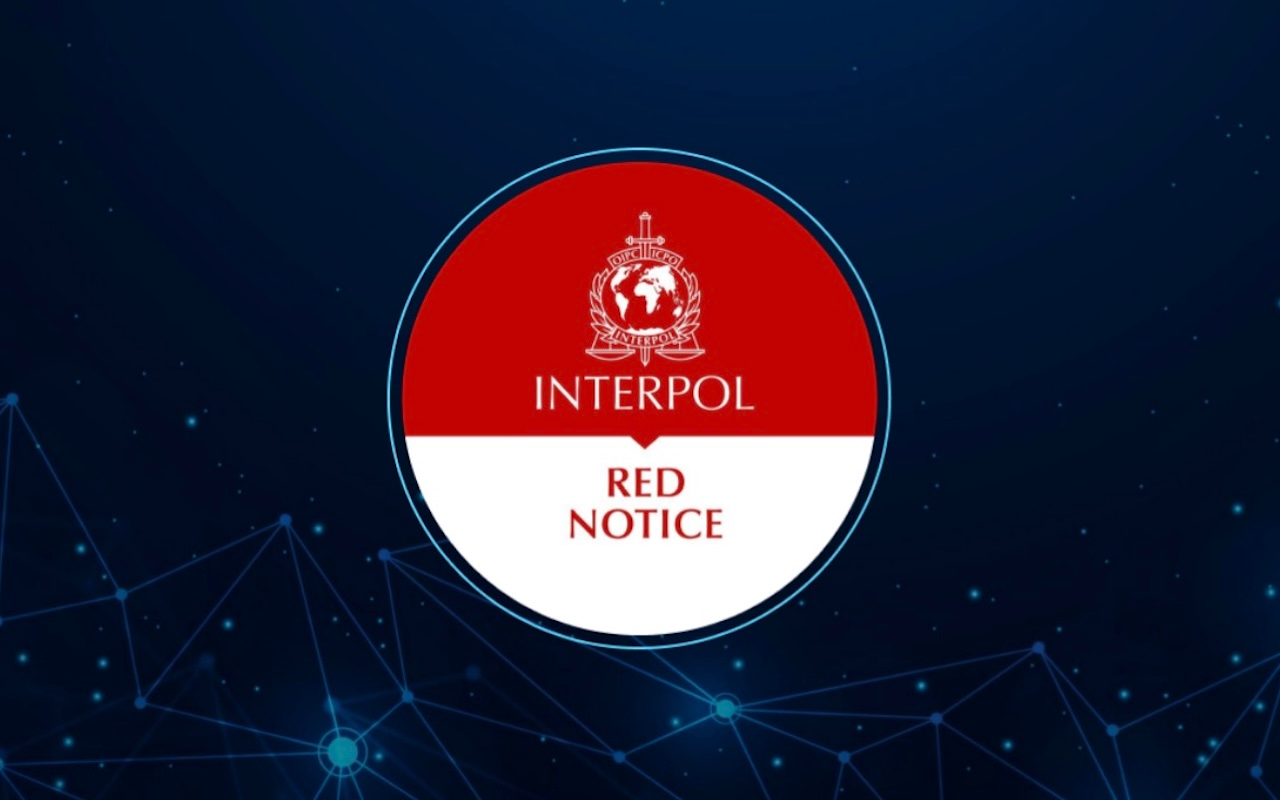How to appeal an Interpol Red Notice?

Challenging an Interpol Red Notice is a process that requires a thorough understanding of international law and a clear strategy. A Red Notice is used for the international search for individuals, and its presence can limit your ability to travel, work abroad, or even affect your daily peace of mind. However, there are cases when a Red Notice is issued for political reasons or on the basis of insufficient evidence, which makes it unlawful. In such situations, you have the right to contact interpol lawyers, who will help you protect yourself and challenge the notice by submitting a request to Interpol.
What is an INTERPOL Red Notice?
An Interpol Red Notice is one of the main tools used by the organisation for the international search for persons suspected of serious crimes. It is a kind of request that informs the law enforcement agencies of Interpol member countries about the need to detain or restrict the movement of a person to ensure the possibility of extradition to the state that initiated the search. However, it is important to understand that a Red Notice is not an arrest warrant; rather, it is a call for international cooperation to facilitate the prosecution of individuals across borders.
A Red Notice includes information about the person, the charges, and the requesting country. It can only be used for serious criminal cases and must not be politically, racially, religiously or militarily motivated. If a red notice is issued illegally or in violation of Interpol rules, it can be appealed through official channels.
How to check the information
If you suspect that an Interpol Red Notice has been issued against you, it is important to verify this information in order to take the necessary measures in time. Here are the main ways to find out if you have been issued an Interpol Red Notice:
- Interpol’s website. Interpol has a public database of wanted persons on its official website, where you can view information about red notices that are available for public viewing. You can search by name and other data to check if your name is among the publicly wanted. However, it should be remembered that not all red notices are publicly available – some of them remain non-public and are only available to law enforcement agencies.
- An official request to the CCF. If there is no information on the Interpol website or you want to get more accurate data, you can submit a request to the Interpol Commission for the Control of Files (CCF). The CCF is an independent body that deals with complaints and requests regarding data stored in the INTERPOL databases. In your request to the CCF, you can find out whether your name is in the INTERPOL system and, if so, get information about the grounds for the search and the possibilities for appeal.
Preparing to appeal
Appealing an Interpol Red Notice is a responsible process that requires careful preparation. To increase the chances of success, it is important to follow a few basic steps:
- Gathering evidence and documents. First of all, it is necessary to collect all possible evidence that confirms your innocence or the groundlessness of the charges. This may include court decisions that acquit you, documents that indicate a political motive for the persecution, as well as any other materials that confirm the illegality of the red notice.
- Collecting case details. It is important to familiarise yourself with your case file in detail, including the charges and evidence on which the request is based. This will help you and your lawyer build an effective defence strategy.
- Contacting a lawyer. The process of appealing a red notice is complex and requires specialised knowledge of international law. Contacting a lawyer who specialises in Interpol cases will help you to properly draft a request, provide the necessary evidence and protect your rights. The lawyer can also apply to the Commission for the Control of INTERPOL Files (CCF) with a formal request to remove or revise the red notice.
Preparation for an appeal is an important step that ensures proper protection of your interests and increases the likelihood of successful removal of the red notice.
Request to the Commission for the Control of Interpol’s Files (CCF)
If you want to challenge an Interpol Red Notice, one of the most important steps is to file a request with the Commission for the Control of Interpol’s Files (CCF). This independent body considers complaints and requests from citizens regarding the misuse of data in the Interpol databases, including Red Notices. Submitting a request to the CCF is a necessary step if you believe that a Red Notice has been issued in violation of your rights or on unlawful grounds.
The request must clearly state the request to remove the red notice, justify why it is illegal or unlawful, and provide convincing evidence to support your claim. The basic requirements for submitting a request include:
- Personal information. In the request, you must provide your full details (name, date of birth, citizenship) to accurately identify your person in the Interpol databases.
- Justification and argumentation. It is important to state in detail the reasons why you consider the red notice to be illegal. This may be a political motive for persecution, human rights violations, lack of adequate evidence, or other grounds indicating that the request is unlawful.
- Evidence. To support your position, you need to provide documents that confirm your innocence or the illegitimacy of the accusations. These may include court decisions, evidence of political persecution, official documents refuting the accusations, etc.
- Contact details of the lawyer. If your request is submitted by a lawyer, please provide his/her contact information and official confirmation of representation so that CCF can interact with your defence counsel.
The process of reviewing a request to the CCF can take several months, so it is important to provide a complete package of documents and present all arguments as clearly as possible.
Possible outcomes and next steps
After submitting a request to the Interpol File Control Commission (CCF) to appeal a Red Notice, the review process can take several months, as the CCF carefully analyses each complaint, examining the circumstances of the case and the evidence provided. The timeframe for review depends on the complexity of the request and the Commission’s workload at the time of submission.
The results of the review may include the following:
- Cancellation of the red notice. If the CCF determines that the notice was issued in violation of Interpol rules or on the basis of insufficient or unlawful evidence, the Interpol red notice may be removed. In this case, your information will be removed from the Interpol database and the search will officially end.
- Keeping the red notice in force. If the CCF decides that there are no grounds to delete the notice, it will remain active. In this case, it may be advisable to contact a lawyer to develop a further defence strategy and, if possible, submit a second request or additional evidence.
- Correction of information. In cases where there are minor inaccuracies or the need to clarify information, CCF can correct the available data in the red notice, leaving it in the Interpol database but correcting the errors.
Further steps depend on the decision of the CCF:
- If the red notice is canceled, you will be able to move freely between countries without the risk of arrest based on this notice.
- If the red notice remains in force, it is advisable to continue working with a lawyer to prepare for possible legal action in countries where you risk being detained.
The outcome of the review depends on the evidence provided and the validity of the request, so careful preparation and a well-drafted complaint significantly increase the chances of a positive decision.
When do I need to contact lawyers?
Contacting attorneys specialising in international law and issues related to Interpol is an important step in the process of appealing a red notice. A lawyer can provide professional assistance at every stage and protect your rights, especially if the situation is complex or involves additional risks. Here are some cases when contacting a lawyer is necessary:
- A red notice has been issued against you. A lawyer will help you assess the grounds for challenging the notice and develop an action plan.
- Politically motivated persecution. If the message is politically motivated, the lawyer will collect evidence and prepare a complaint to have it removed through the CCF.
- Preparing a request to the CCF. The lawyer will ensure that the documents are properly executed and the arguments for a successful appeal are provided.
- Risk of arrest. In case of traveling abroad, the lawyer will assess the risks and prepare a strategy to avoid detention.
The editorial unit

























Facebook
Twitter
Instagram
YouTube
RSS